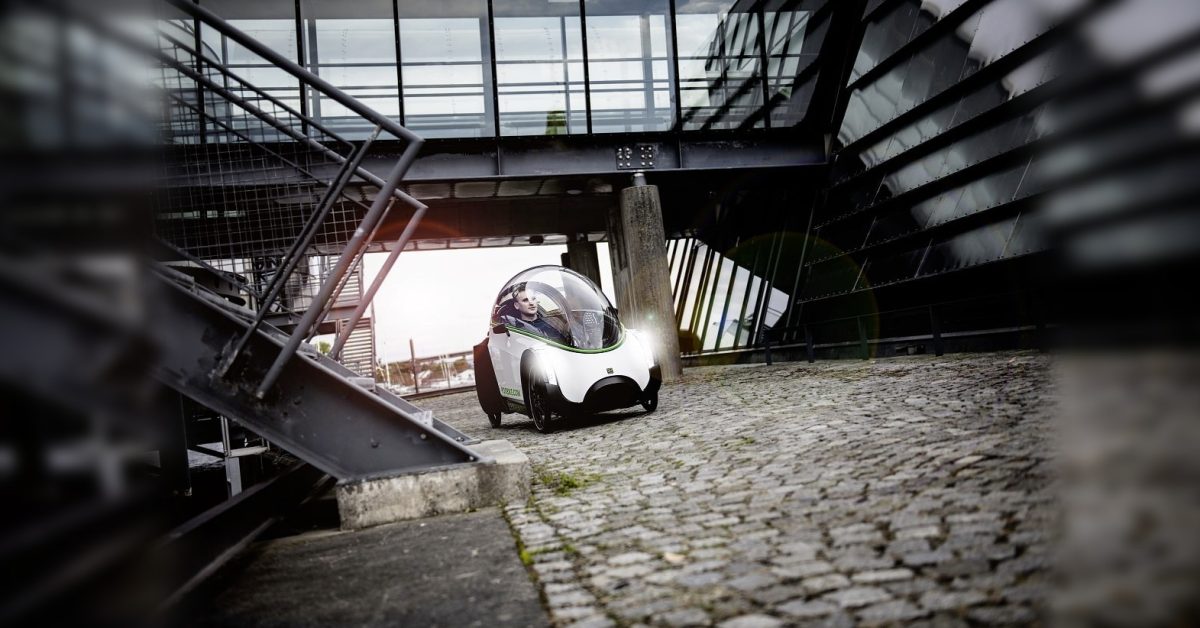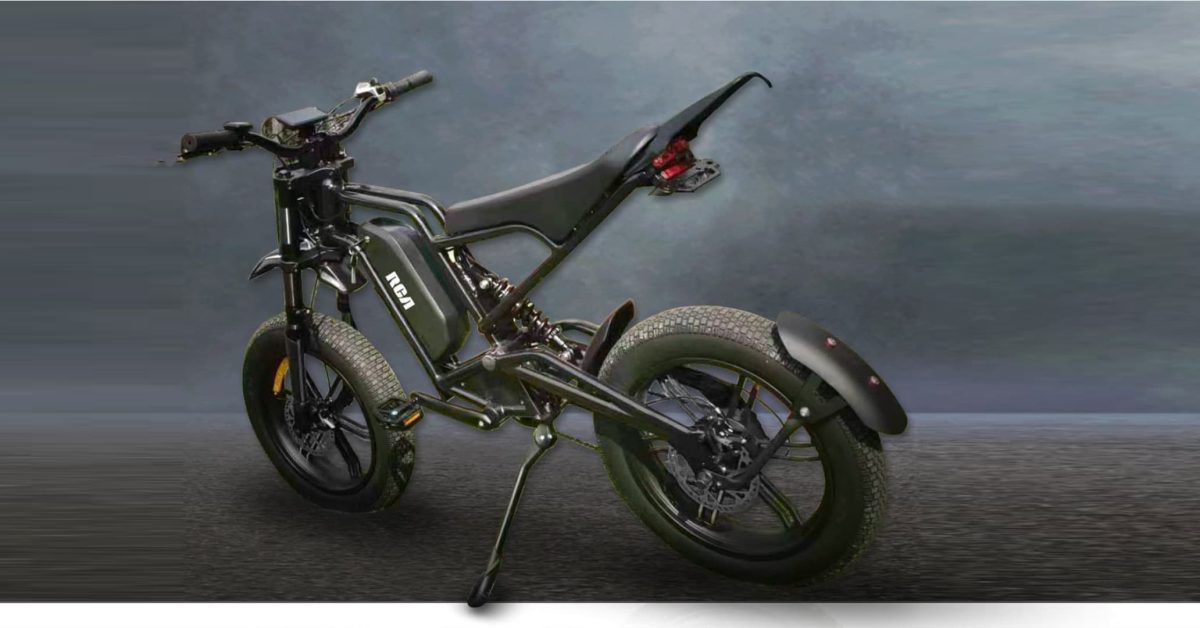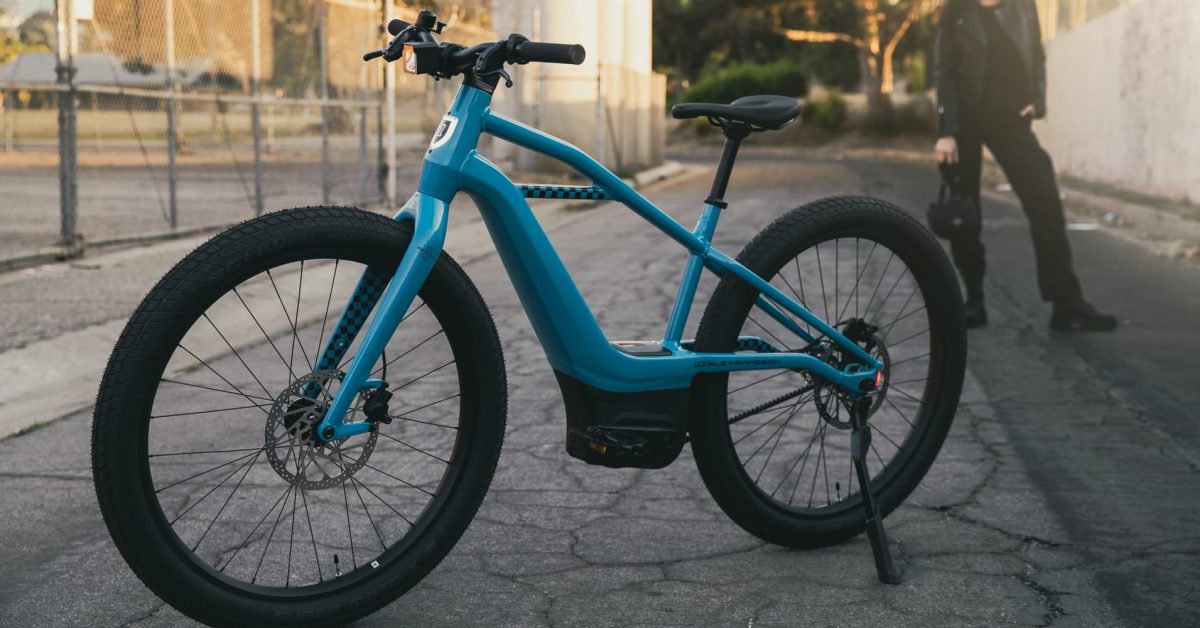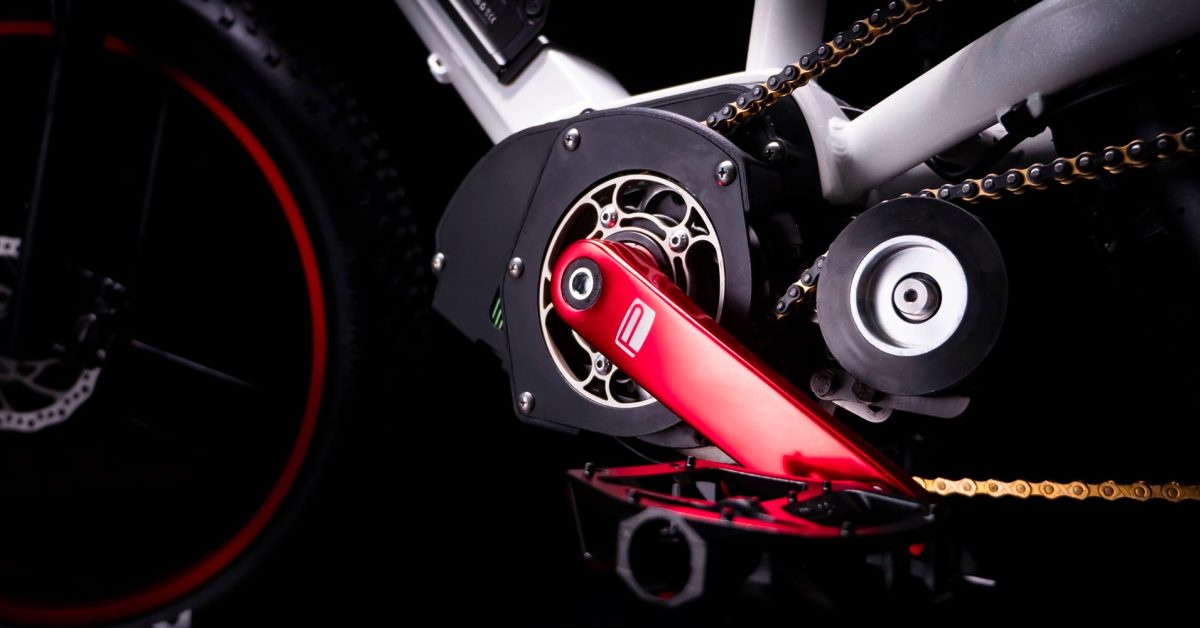[ad_1]
After bringing in €3.2 million in funding and raking in a list of pre-orders, Podbike says it will deliver its first electric bike-car known as the Frikar later this year.
The Norwegian mobility company Podbike has attracted attention for years as its innovative and curious-looking four-wheeled electric vehicle has taken shape.
The enclosed bike-car offers better all-weather protection and improved aerodynamics compared to a typical commuter electric bicycle, though the top can be removed for summer operation if all-weather protection isn’t required.
Over 3,400 people have lined up to reserve the first model produced by the company, which can be pre-ordered with a €300 deposit toward the €6,429 starting price (approximately US $7,300).
The Frikar is a single seater, though an optional child seat will reportedly be available, taking the place of the vehicle’s 160L (5.7 cubic feet) of cargo space.
Now the company expects to begin deliveries in 2022, starting with its local customers:
“The first deliveries will be in Norway as it is close to our R&D department. It is simply the smartest and easiest way to launch a new product. As we have a lot of German customers, Germany is also very high on our delivery list. As soon as we have more details to share, we will update you through podbike.com and newsletter.”
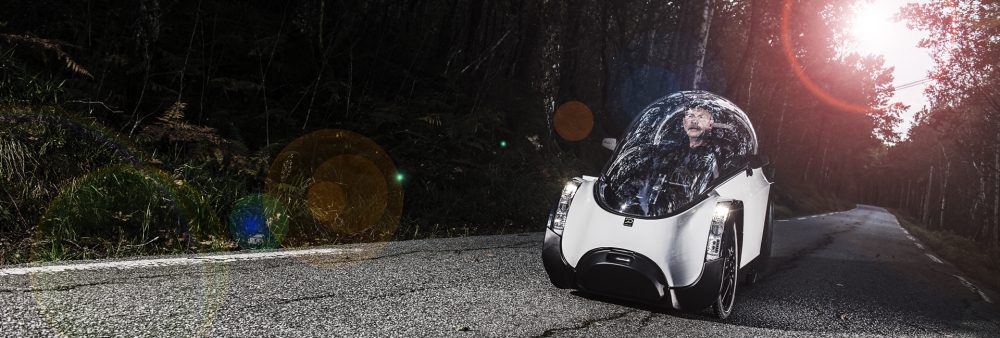
In Europe, the Frikar is technically classified as an electric bicycle, meaning riders can use bicycle lanes to cut a quick path through city traffic.
The Frikar has functional pedals like a bicycle, though they aren’t connected to a chain or belt like a typical e-bike. Instead, they power a generator and run a drive-by-wire system that connects to a pair of hub motors in the rear wheels. We’ve seen drive-by-wire systems for e-bikes before, but they are still quite rare in the industry.
In fact, we’ve seen enclosed electric bike-cars before too. But again, not quite like the Frikar.
The Frikar’s speed is technically limited to 25 km/h (15.5 mph) due to restrictive European electric bicycle regulations. But the company seems to have found a sneaky way around that.
As they explain:
We use three motors/generators, two that act as electronic transmission and one that acts as assist motor/electronic brake. The power to the assist motor is limited to 250 W continuous output and 25 KPH speed limit, while the other motor output matches the pedal generator input thus acting as the human powered transmission. This motor works beyond 25 KPH. However, when you use the electronic brake that can be triggered manually, for example by pedaling backwards while going forward, or automatic, when reaching max downhill speed, both wheel motors brake the vehicle.
The assistance to speed from the battery is limited to 25 KPH. However, the pedal generator is not. So by continuing to pedal and thus supplying manmade pedal energy, speed may increase beyond assist speed depending on various factors like inclination, generator output, efficiency and rolling resistance. However, the max speed will be limited to 60 KPH for safety reasons. We store pedaling energy and braking energy using electric batteries. We do not use mechanical flywheel (s).
So it sounds like one motor is limited to the draconian 25 km/h limit, while the other is permitted to go faster as it is more or less interpreting how fast your pedaling power would make the vehicle go if the pedals had been connected to the wheels by a mechanical drivetrain.
That sounds like a bit of a legal gray area, but I’m also not a Norwegian traffic cop, so what do I know?
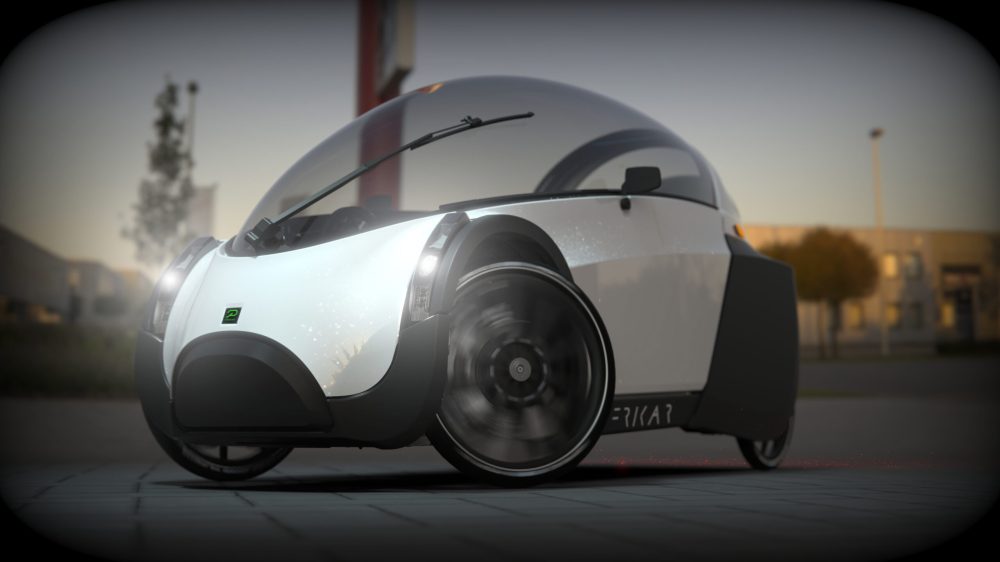
The 877 Wh battery has a rated range of 50-80 km (30-50 miles), and a second battery can be added for extra range. The batteries can be charged either on the vehicle or removed for remote charging.
The base version of the Frikar will include standard features like adjustable seat and pedals, light package including turn signals, and a single mirror.
For an extra €650 (US $740), riders can upgrade to the Plus version of the Frikar. The upgraded version includes interior upholstery, air fan, two mirrors, side pockets, interior lighting, and an alarm.
The company hasn’t listed a firm date for the 2022 deliveries yet, but we’ll be sure to update once we know more.
Until then, let’s hear your thoughts on the Podbike Frikar in the comments section below!
FTC: We use income earning auto affiliate links. More.
Subscribe to Electrek on YouTube for exclusive videos and subscribe to the podcast.
[ad_2]
Source link

